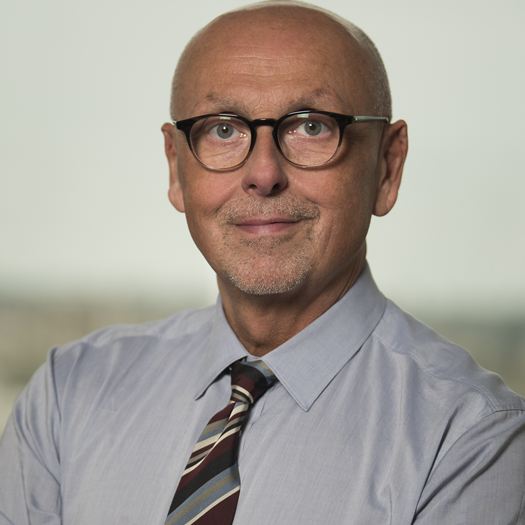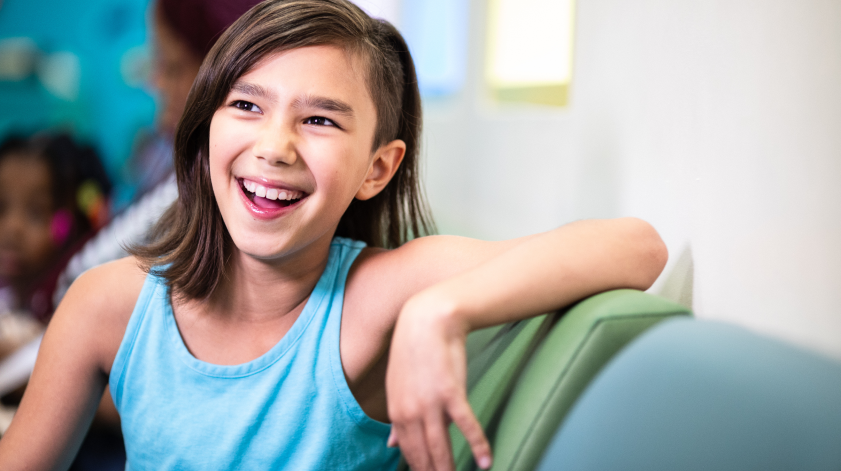
Pediatric Discoveries Start with Teamwork, Leadership and Diversity

Research at Children’s National Hospital leads to exciting discoveries and advancements that improve the lives of children and their families. Dr. Vittorio Gallo, the hospital’s Chief Research Officer and Interim Chief Academic Officer, says it’s all about a commitment to science, research excellence and teamwork. “Basic scientific knowledge and research discoveries can shape a child’s entire life,” he says.
His laboratory, known as the Neonatal Brain Development and Regeneration Lab, investigates the impact of injury and disease on development and regeneration of brain cells. Dr. Gallo’s multidisciplinary research team includes early career researchers with different expertise and clinician scientists working together to investigate the early developing brain. In particular they focus on how critical developmental periods shape function and behavior later in life. The goal of the Gallo lab is to understand molecular and cellular mechanisms underlying normal neonatal development of the brain, and how injury and disease can alter these processes.
Dr. Gallo joined Children’s National two decades ago as a neuroscientist, intrigued by an environment that encouraged investigators and clinicians to team up to study neurodevelopmental disorders and the long-term impact of neonatal brain injury on brain function. Under Dr. Gallo’s leadership, the hospital became one of only 15 Intellectual and Developmental Disabilities Research Centers in the United States that focus on studying these disorders. An emphasis on creating a multidisciplinary and integrated research program, training the next generation of professionals, and welcoming and supporting a diverse group of clinicians and researchers has led to the program’s success.
“Our work in areas such as genetic testing and analysis of neurodevelopmental outcomes is very different from what it was 20 years ago,” Dr. Gallo says. “If we think about how genetics, neuroscience and behavioral sciences will develop in the next 5 or 10 years, it’s clear that the focus will be on research data integration and continuing on using more unified, multi-disciplinary approaches to unravel the mysteries of brain development and establish new therapeutic interventions. This will make our team science and teamwork all the more effective for children, their families and society at large.”

Make a Difference
Your charitable donation changes children’s lives. Support exceptional health care and discoveries that offer hope, healing and brighter futures.



